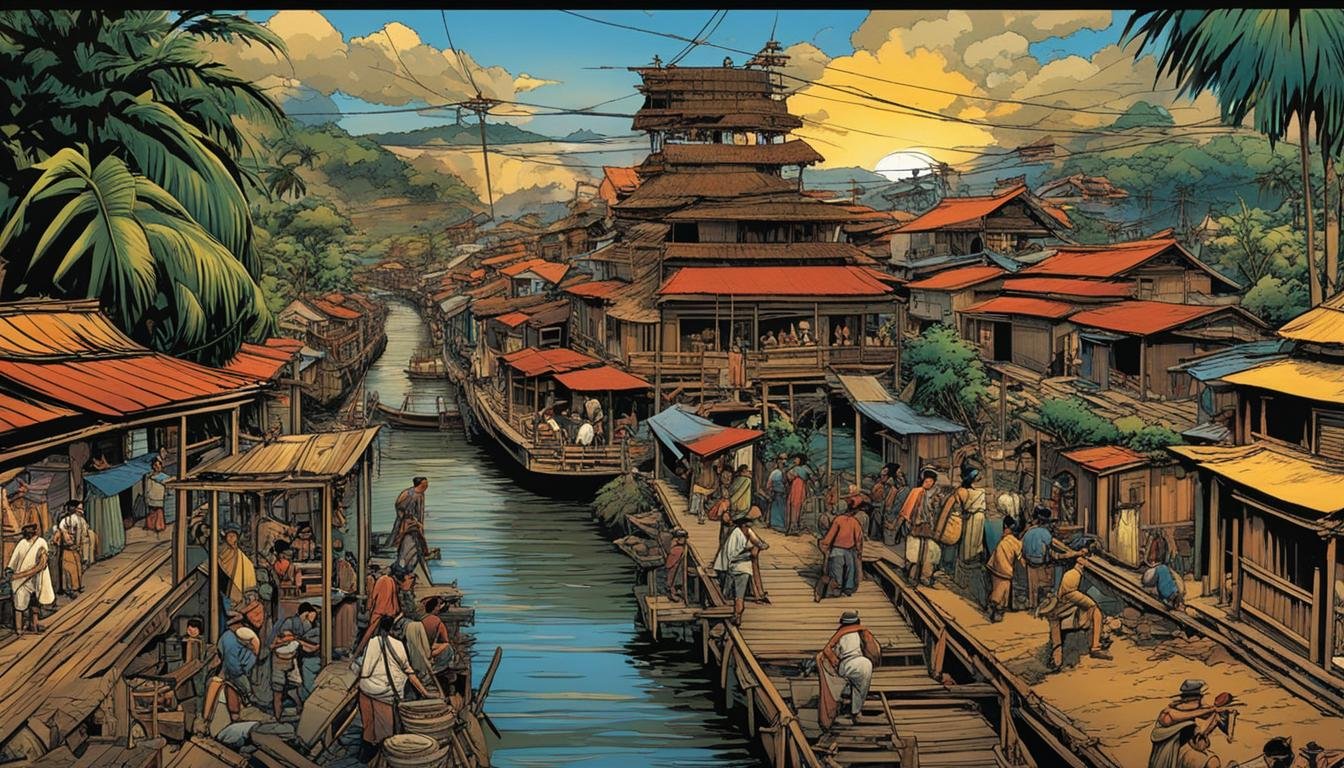The Tourism Department Philippines (DOT), often seen primarily through the lens of sunny beaches and vibrant festivals, plays a profound, albeit sometimes subtle, role in shaping and disseminating narratives of Philippine History. Beyond its mandate to drive economic growth through visitor arrivals, the DOT Philippines acts as a significant curator and promoter of the nation’s…
Tag: National Identity
The Philippines and the Shift from Colony to Country
The history of the Philippines is a saga of resilience, struggle, and the arduous journey from centuries of colonial subjugation to the assertion of its own national destiny. For over 300 years, the archipelago was a distant outpost of the Spanish Empire, and subsequently, after a brief, tumultuous period of revolutionary independence, it became a…
The Role of the Arts and Culture in Shaping National Identity
Arts and culture play a vital part in defining who we are as a society. From traditional dances to modern paintings, these expressions help us understand our shared values and history. They act as a mirror, reflecting the essence of a nation’s identity. In the Philippines, cultural heritage is deeply rooted in its diverse traditions….
The Development of Filipino Political Theater
Filipino theater history is rich and complex, showing the country’s cultural identity. The Philippines’ mix of indigenous, Spanish, American, and Japanese influences has shaped its political theater. This theater form expresses feelings against colonial rule, as seen in the University of the Philippines Sarsuwela Festival 2009. The cultural importance of sarsuwela performances shows how vital…
The Impact of Japanese Propaganda on Filipino Culture
During World War II, the Philippines experienced a significant cultural shift under Japanese occupation. One of the most powerful tools used during this time was propaganda, which played a crucial role in shaping public opinion and influencing Filipino society. This article explores how Japanese propaganda impacted Filipino culture and why understanding this history remains relevant…
Trilingual Philippines: Spanish, English, and Filipino – A Road Not Taken?
The Philippines stands out as a unique country where three languages—Spanish, English, and Filipino—have played pivotal roles in shaping its cultural and social fabric. This trilingualism is deeply rooted in the nation’s history, influenced by centuries of colonial rule and modern globalization. Spanish, introduced during over 300 years of colonization, left a lasting imprint on…






